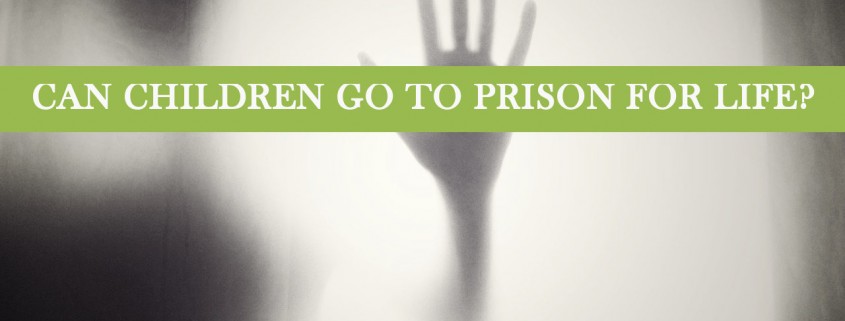Can Juveniles Be Sentenced to Life Imprisonment in New Jersey?
In the State of New Jersey, juvenile offenders are treated as a separate class of individuals due to a combination of factors, including, but not limited to: a lack of capacity for culpability, as well as, an amenability to rehabilitation. In addition, scientific studies documenting the stages of a juvenile’s brain development has redefined how the New Jersey Legislature and courts address juvenile and young adult offenders. The recent passage of the Juvenile Justice Reform law exemplifies this change in attitude. However, the courts are not willing to turn a blind eye to illegal conduct committed by a youthful offender.
In a recently published NJ Appellate Division decision, State v. Ricky Zuber, the defendant sought a reduction in sentence for his juvenile crimes, which consisted of multiple counts of Aggravated Sexual Assault. The defendant argued that his sentence was illegal and contrary to the United States Supreme Court decision, Graham v. Florida, 560 U.S. 48, 130 S.Ct. 2011, 176 L. Ed.2d 825 (2010), which ruled that life imprisonment without parole was illegal for juvenile offenders, who are adjudicated delinquent of any offense besides murder.
In the case at hand, the juvenile led a gang rape against a woman whose car broke down. In addition to this offense, the juvenile was also accused of committing numerous robberies. He was sentenced to a cumulative of 110 years in prison, with a parole ineligibility term of 55 years. In 2012, the defendant filed a Motion to Correct an Illegal Sentence. The Essex County trial court denied the motion on the grounds that the defendant was not sentenced to a life imprisonment without parole. In fact, the defendant does have an opportunity to be paroled, and therefore, Graham v. Florida is not applicable in this case. The defendant appealed, and the Appellate Division affirmed the Essex County judge’s determination, stating:
Here, we find that defendant’s aggregate sentence does not violate Graham, because he has a meaningful and realistic opportunity for release during the life expectancy of a person of defendant’s age living in the United States. To make that determination, we utilize the national life expectancy tables issued by the federal government, which have long been used by the New Jersey courts.
The court concluded that the defendant’s sentence was not illegal because the defendant could be paroled by the age of 70, and would, therefore, have an opportunity to live the final tenth of his life outside of prison.









Leave a Reply
Want to join the discussion?Feel free to contribute!